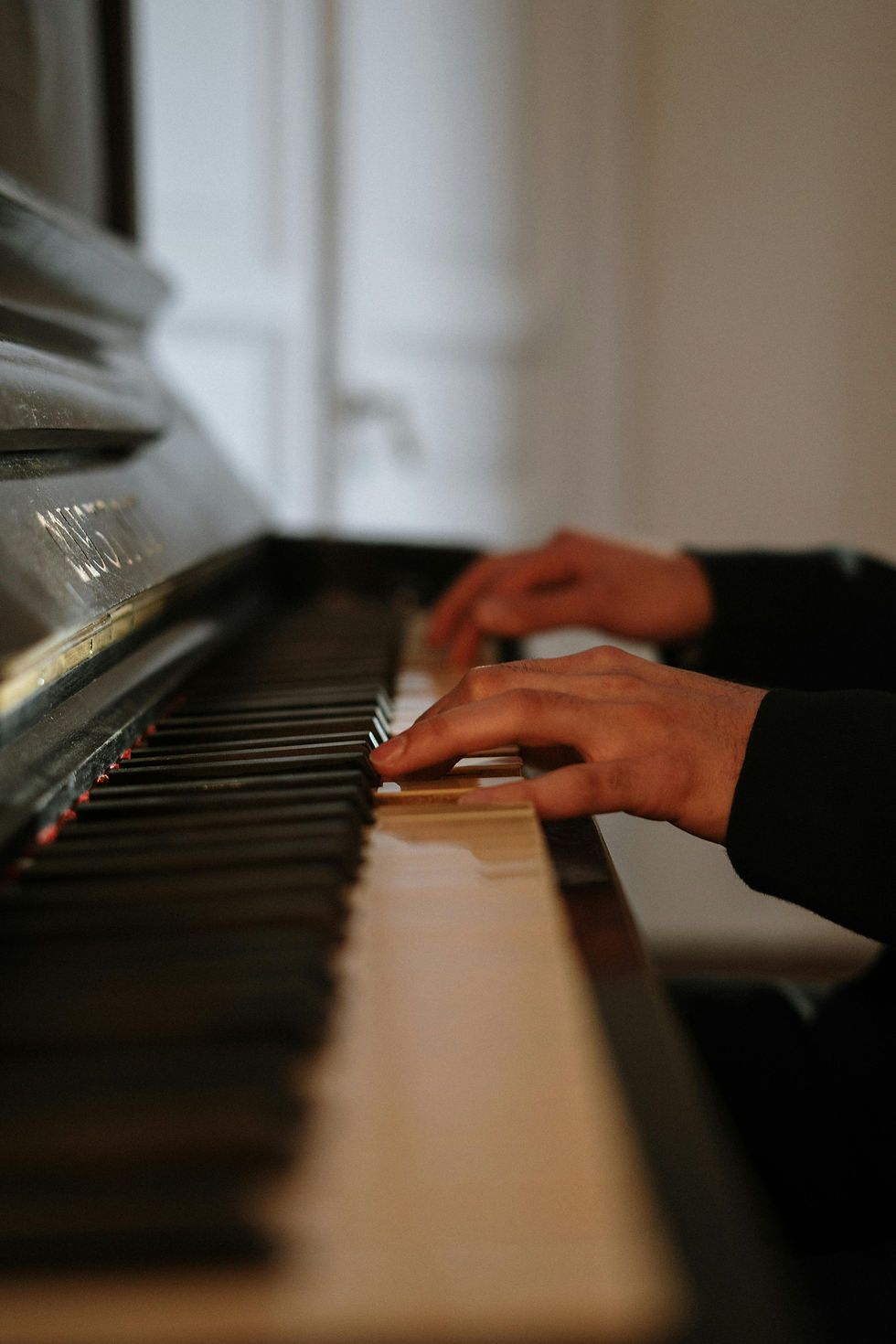Improving in maths involves applying the same techniques used to acquire skills in music or sports—gradually increasing skills through training small segments one at a time. Drawing from my background in basketball, piano, and guitar, I've observed how progress unfolds gradually, requiring patience over short intervals, along with intentional and repetitive building of achievable skills.
For example, in basketball, we first learn to dribble with our dominant hand, bouncing the ball as low as possible without changing our stance too much and keeping our eyes up. Once we've mastered walking around the court with our eyes up, we change hands and repeat the process. Eventually, we start using both hands.
Although a paragraph like the previous one can be read in a few seconds, the process of learning this skill takes consistent effort and training, ideally multiple times daily, for many years. I used to carry a basketball everywhere for this reason, dribbling it whenever I had the chance. I learned this approach from Pete Maravich, an NBA star in the 70s, credited his exceptional dribbling skills to his practice techniques and consistency.
Consistent practice yields results. Instead of dribbling for a few days and then taking a few weeks off, we improve and remember what we've learned through regular daily and weekly practice.

My experience learning the piano echoed this sentiment. Months of dedicated daily practice were needed before confidently playing with both hands. My various piano teachers always emphasised consistent practice, and while one could hardly notice the difference in piano skill over a week, improvement is evident over a few years.
These practices and exercises in skill-building seamlessly apply to maths. We begin by mastering fundamental concepts step by step, ensuring a solid understanding before moving forward. A deliberate and consistent approach helps students build a strong foundation for more advanced topics. The key to mathematical mastery lies not in shortcuts but in intentional and consistent effort.
In conclusion, the path to mathematical improvement is a marathon, not a sprint. Practice must be employed regularly and consistently. Regular and intentional practice leads to improved mathematical skills. In the same light, booking maths tutoring for just a few weeks will not make a significant difference. But over a few years, the improvement will be clearly seen.

Comments